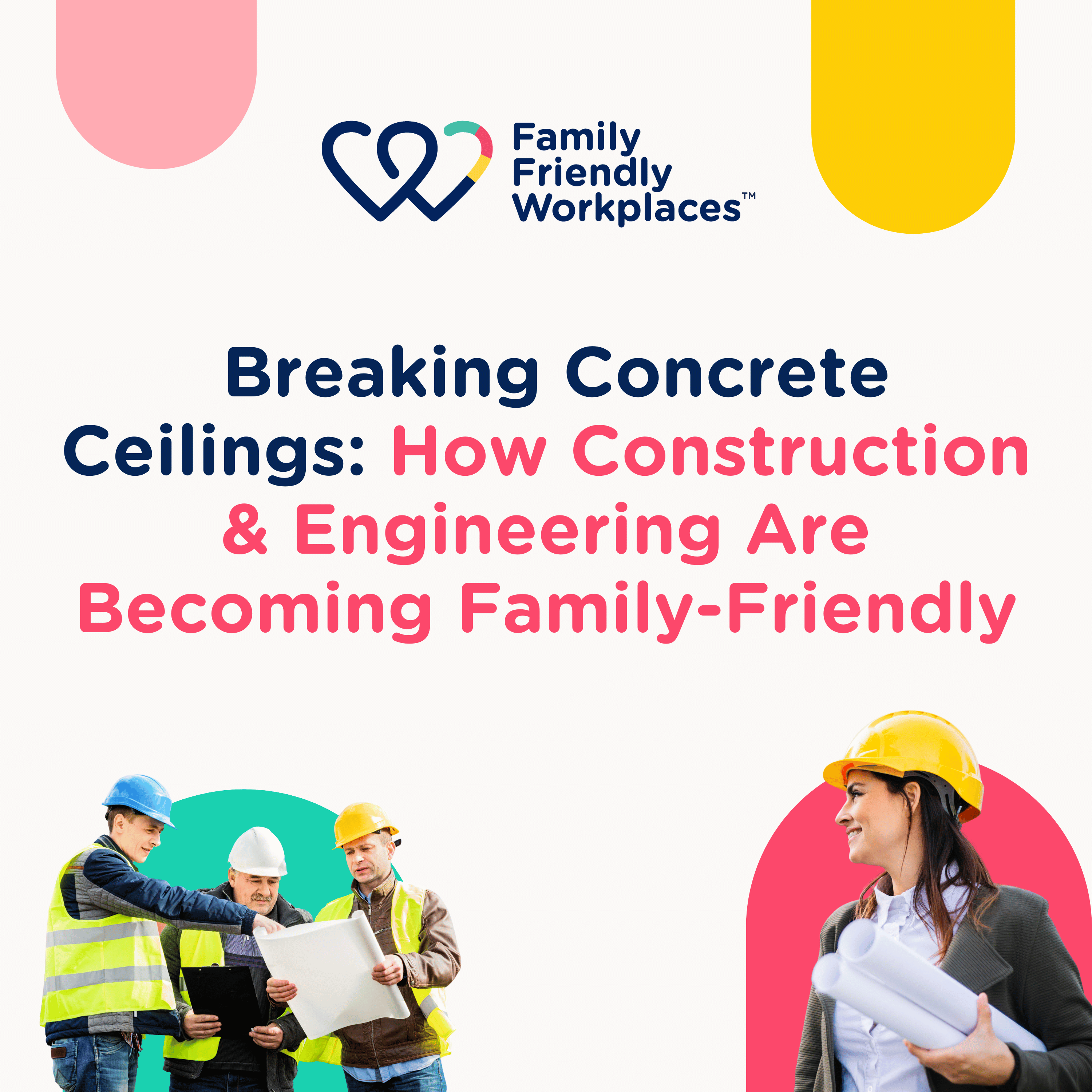Family Friendly Workplaces

Family Friendly Workplaces
Podcast Description
Welcome to the Family Friendly Workplaces Podcast, where we explore work-life wellbeing and its impact on families, businesses, and communities. Hosts Angela Priestley, Founding Editor of Women’s Agenda, and Emma Walsh, Founder of Family Friendly Workplaces, chat with CEOs and leaders championing family-friendly initiatives. Discover strategies to enhance employee well-being, improve gender equality, and boost organisational success. Whether you’re an employer or employee, gain practical advice and inspiration to foster inclusive, productive workplaces and redefine the future of work.
Podcast Insights
Content Themes
The podcast focuses on work-life balance, gender equality, and organizational culture, with episodes examining specific initiatives like flexible work arrangements in the legal sector and gender-neutral parental leave policies. Topics include the challenges faced by working parents, the journey towards gender equality in leadership roles, and the role of technology in facilitating family-friendly practices, illustrated through real-life stories from professionals in demanding industries.

Welcome to the Family Friendly Workplaces Podcast, where we explore work-life wellbeing and its impact on families, businesses, and communities. Hosts Angela Priestley, Founding Editor of Women’s Agenda, and Emma Walsh, Founder of Family Friendly Workplaces, chat with CEOs and leaders championing family-friendly initiatives. Discover strategies to enhance employee well-being, improve gender equality, and boost organisational success. Whether you’re an employer or employee, gain practical advice and inspiration to foster inclusive, productive workplaces and redefine the future of work.
When engineering executive Diana Zagora got her start in the engineering and construction industry, it was the late 90s and family-friendly workplace policies were nonexistent.
The sector was so male-dominated at the time, her first worksite – setting up for the Sydney 2000 Olympics – didn’t even have a women’s restroom.
“A port-a-loo had to be brought in for me because there were only men’s toilet facilities,” Zagora tells Women’s Agenda on episode four of the Family Friendly Workplaces podcast.
“The dunny that was brought in was nicknamed Diana’s Dunny.
“And then as the project went on there were more women on-site and better, more permanent facilities were established.”
While the industry has made a lot of progress since then, engineering and construction still don’t have the strongest reputations when it comes to being family friendly, or even women-friendly.
The latest data from the Workplace Gender Equality Agency shows that the gender pay gap in heavy and civil engineering construction significantly exceeds the national private sector average across all gender pay gap metrics.
“The culture has definitely shifted to be more inclusive,” says Zagora.
“As a young engineer back in the late 90s, there were a lot of challenges.
“Now, there’s more acceptance and greater awareness of people of different ages and from different ethnicities, genders, sexualities and religious backgrounds.”
Looking back, Zagor says progress in the industry over the last 25 years has come in “leaps and bounds”.
But she, like other leaders advocating for working parents and carers in the sector, believes there’s room for growth.
“We need to increase female participation in engineering,” she said.
“Having a workplace that promotes flexibility, that has parental leave and access to carer’s leave and promotes those benefits, as well as recruits and values diversity in their workforce is tremendously important.”
The CEO of Infrastructure Australia, Adam Copp, has led his organisation through the Family Friendly Workplaces accreditation process.
He shares the process it took on the podcast and explains how he built a business case to show what kind of benefits his organisation would reap by taking steps to become more inclusive.
Since making the changes, Copp says the benefits are even more than they could have expected.
“A family-friendly workplace is actually a really good thing to do, I think morally, but it’s also good for business,” he said.
“It helps with your talent attraction and wellbeing, helps with productivity, and helps with the brand of you as an employer.”

Disclaimer
This podcast’s information is provided for general reference and was obtained from publicly accessible sources. The Podcast Collaborative neither produces nor verifies the content, accuracy, or suitability of this podcast. Views and opinions belong solely to the podcast creators and guests.
For a complete disclaimer, please see our Full Disclaimer on the archive page. The Podcast Collaborative bears no responsibility for the podcast’s themes, language, or overall content. Listener discretion is advised. Read our Terms of Use and Privacy Policy for more details.